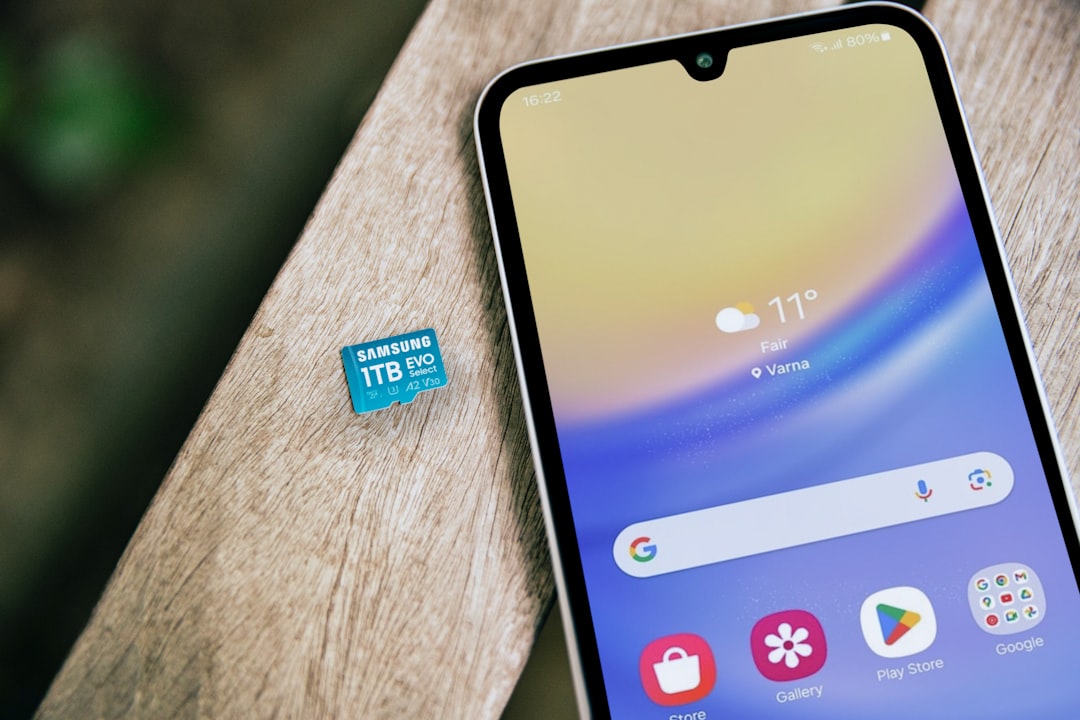New Hampshire residents can protect their privacy from intrusive telemarketing through the state's Do Not Call (DNC) list. Local Do Not Call lawyers assist in navigating this process, enforcing rights, and addressing harassment. The Federal Trade Commission (FTC) investigates complaints promptly, focusing on violations like ignoring "do not call" requests. These lawyers guide clients through complex investigations, ensuring privacy rights are upheld and providing legal remedies up to fines and injunctions.
In Hampton, New Hampshire, maintaining a peaceful home environment is every citizen’s right. However, unwanted phone calls can invade this serenity, leading many to seek recourse through the Federal Trade Commission (FTC). This article delves into the intricate process of how the FTC investigates Do Not Call complaints, offering insights for residents considering legal action with Do Not Call lawyers in New Hampshire. Understanding your rights and knowing when to engage legal counsel can significantly impact the outcome of such cases.
Understanding Do Not Call Rights in New Hampshire

In New Hampshire, residents have specific rights regarding telemarketing calls, and enforcing these rights is a crucial aspect of consumer protection. The Do Not Call (DNC) list is designed to give individuals control over unwanted phone communications, ensuring their privacy and peace of mind. New Hampshire law permits residents to register their telephone numbers on the state’s DNC list, which automatically blocks most telemarketing calls from commercial entities. This measure aims to prevent annoying and intrusive sales calls, empowering citizens to take a stand against excessive marketing efforts.
Do Not Call lawyers in New Hampshire play a vital role in assisting individuals with these rights. They guide residents through the process of registering their numbers, ensuring compliance with state regulations. These attorneys also help consumers who have been ignored or mistreated by telemarketers, taking legal action to protect their DNC status and seek compensation for any harassment faced. Understanding one’s rights is essential, especially with the constant evolution of marketing strategies, so residents are encouraged to stay informed about their ability to curb unwanted calls.
When and How FTC Intervenes on Complaints

When a consumer in Hampton, New Hampshire, files a complaint about unsolicited phone calls—often referred to as “do not call” complaints—the Federal Trade Commission (FTC) takes action. The FTC is tasked with protecting consumers from deceptive or unfair practices, and telephone solicitation is a significant area of focus. They investigate these complaints promptly, aiming to stop unauthorized calls within hours or days of receiving the report.
The intervention process begins with an initial review of the complaint to assess its validity and determine if it falls under their jurisdiction. If the FTC finds sufficient evidence of violations, such as ignoring a registered “do not call” request, they may contact the caller directly. The agency can then issue cease-and-desist letters or file formal complaints in court, seeking legal remedies like fines and injunctions against the offending party, often with the assistance of local Do Not Call Lawyers New Hampshire.
The Investigation Process: From Receipt to Resolution

When a complaint is filed with the FTC regarding a potential violation of the National Do Not Call Registry in Hampton, New Hampshire, the process begins for both the regulator and the accused party. Do not call lawyers New Hampshire often play a crucial role here, assisting clients in navigating this complex regulatory landscape. The investigation typically starts with the FTC receiving a complaint, which they promptly review to determine if there’s a basis for further action. If valid, they notify the caller and initiate an in-depth probe.
This process involves gathering evidence, interviewing witnesses, and analyzing records to establish whether the caller has violated the law. The FTC may serve subpoenas to obtain relevant documents, and during this phase, Do Not Call lawyers can help clients prepare for potential interviews or hearings. The goal is to determine if the caller made unsolicited calls in violation of the law, taking into account factors like the consumer’s registration status and the nature of the calls. Once the investigation concludes, the FTC decides whether to take enforcement action, which can include substantial fines, cease-and-desist orders, or other remedies aimed at resolving the issue for affected consumers.
Legal Representation for Effective Complaint Handling

When filing a Do Not Call complaint with the FTC in Hampton, New Hampshire, having legal representation can significantly enhance your case’s outcome. This is because navigating consumer protection laws and ensuring effective complaint handling requires specialized knowledge. Do Not Call lawyers in New Hampshire are adept at guiding individuals through this process, ensuring their rights are protected.
These attorneys have experience dealing with telemarketing regulations and can provide valuable insights into what constitutes a valid complaint. They know how to gather evidence, prepare legal arguments, and communicate effectively with regulatory bodies. With their help, complainants can achieve better resolutions, whether through successful negotiations or litigation, ultimately safeguarding their privacy and stopping unwanted calls.






